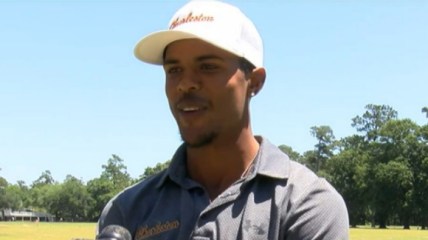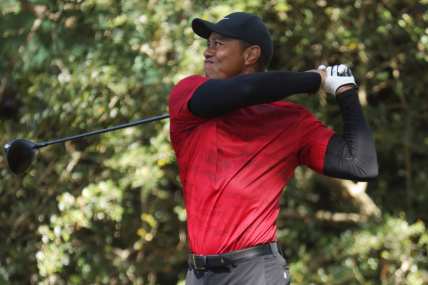How golf’s complicated past is fueling a more inclusive future
OPINION: In September 1961, the PGA revoked its Caucasians-only clause to allow non-white golfers to play in its tournaments. Black-owned brand Eastside Golf launched Project 1961 to celebrate the contributions of Black golfers and drive more inclusivity to the sport.
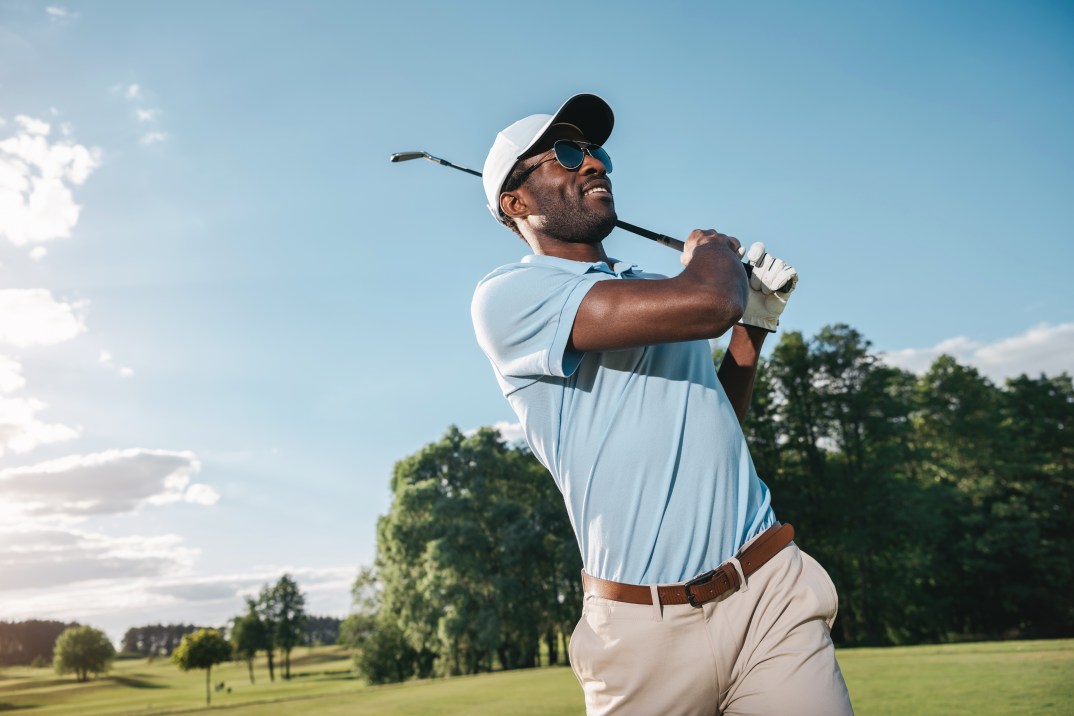
Editor’s note: The following article is an op-ed, and the views expressed are the author’s own. Read more opinions on theGrio.
Long before players like Tiger Woods would triumph in major competitions, America’s practice of racial segregation created a looming barrier for people of color to play professionally, no matter how skilled or knowledgeable they were about the game. If you weren’t white, you couldn’t play at a PGA tournament, let alone serve in any other professional capacity on the tour. It’s why Black golfers, for many years, organized their own tournaments and sharpened their skills in spaces where they were able to compete and enjoy playing.
That all changed after years of persistent advocacy and legal battles led by trailblazing Black golfers such as Bill Spiller and Ted Rhodes. September 11, 1961 stands as a pivotal moment in golf history because it’s the day that the PGA of America revoked its exclusionary policy, known as the Caucasian-only clause. This marked a transformative milestone, ushering in a new era for Black golf professionals and for people of various racial backgrounds.
While 1961 may seem like ages ago, the reality is that many of our parents and grandparents lived through this era, and they are still alive to tell the tale. If racial discrimination had not prevented many Black players from joining the PGA Tour during the prime of their careers, athletes like Charles Sifford, who earned the distinction of being the first African American to participate on the PGA Tour, might have had a greater opportunity to contribute to the sport of golf and its cultural impact across the nation.
Aiming for equality, especially that which can stem the tide of racism, has long been a fight that continues through generations, and it’s important that we not forget this history as we continue to move forward.
It’s important to continue driving the sport towards a more inclusive future through programs and initiatives that make golf accessible and enjoyable at all stages and remove barriers to participation. People of color in golf deserve a concerted effort from the PGA to diversify the game. There are various career paths for diverse talent to enter and have an opportunity to thrive. Whether it’s marketing and media, playing professionally, running golf courses, being behind the camera or even serving as tournament director, the possibilities are limitless.
That’s in large part why we founded Eastside Golf, and most recently, launched the 1961 Project. We want to underscore the importance of the year 1961 and the contributions made by Black golfers in driving progress. We feel that it’s still necessary to shine a light on the significant contributions Black golfers have made in the growth of the game, on and off the course, so that up-and-coming generations can know and be proud of their history — and remember that others paved the way for them to aspire towards their dreams of professional success or personal enjoyment.
It’s an experience we know personally, having played golf together on the team at Morehouse College. We were always close and had mutual respect. As we got to know each other, we realized that we both had the dedication, passion and talent necessary to succeed in golf — regardless of how we wished to participate in the sport as a whole. And as time went on, we recognized that the one thing separating us from our White peers was opportunity.
We didn’t always feel that we could bring our whole selves to the sport because it doesn’t always create a sense of belonging for Black people, many of whom don’t come from generational wealth or have access to the knowledge or resources necessary to take up the game. It became our mission to encourage Black people to be their authentic selves while playing, whether it’s through the apparel they wear or just by being who they are without feeling any pressure to change who they are.
The 1961 Project encompasses a fresh line of clothing, a collaborative range of footwear, meaningful content, community-driven initiatives, as well as exclusive events and moments designed to celebrate golf’s history, acknowledge the current landscape, and strive for an even more inclusive future.
But it’s more than a story and product assortment: It is about the power of social change within the entire golfing community.
There’s a need to continue generating a broader movement to create change in cities and towns across the country — such as working to continue furthering the legacy of our Black forebears through initiatives in support of those interested in pursuing careers in golf, as well as students at Historically Black Colleges and Universities (HBCUs). This also includes identifying NIL deals for amateur athletes, partnering with HBCU business programs, and creating a fund to aid people interested in golf.
In the words of a longstanding African principle, we must take from the past what is good and bring it into the present to make positive progress through the benevolent use of knowledge. Through concerted efforts to further diversify golf, we can forge a path forward.
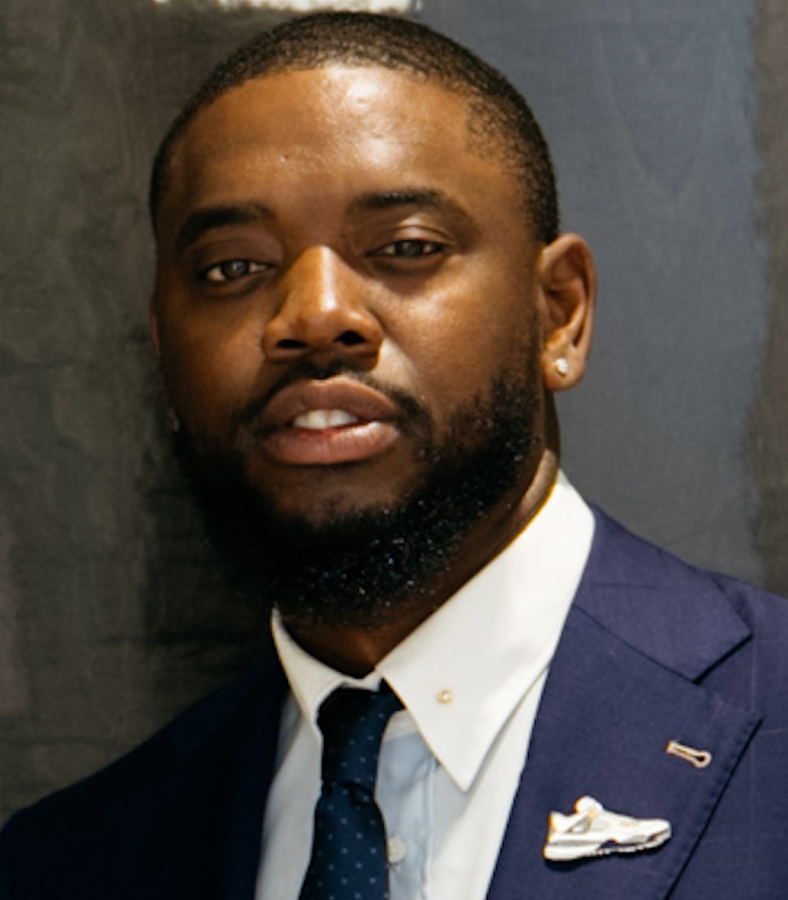
Olajuwon Ajanaku is founder of Eastside Golf, a lifestyle golf brand developed to raise awareness about golf among youth and non-golfers, inspire the culture, promote diversity, and encourage authenticity. An East Atlanta native with a background in commercial finance, Ajanaku attended Morehouse College on a golf scholarship and won a national championship alongside his co-founder, Earl Cooper.
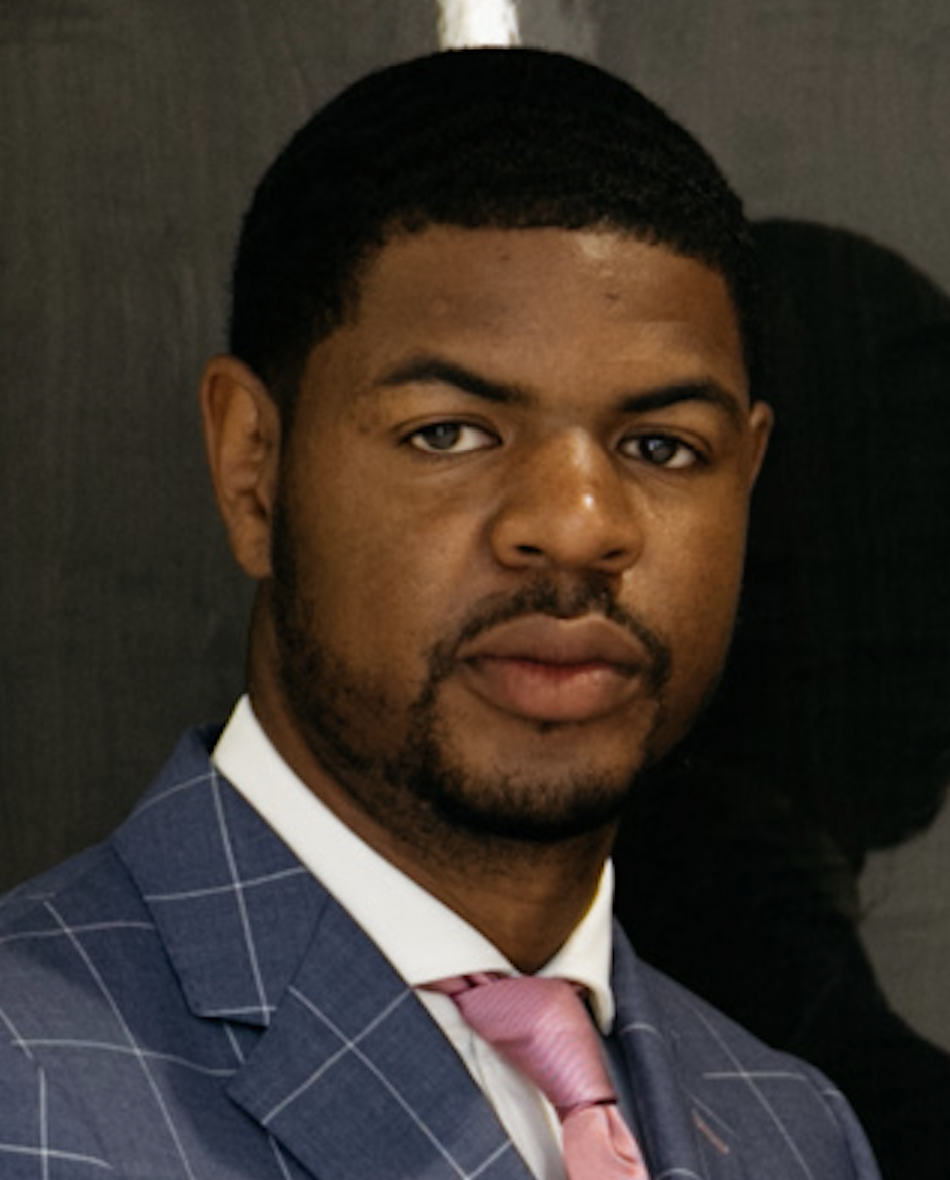
Earl Cooper is co-founder of Eastside Golf, a PGA professional, and is currently ranked as one of the best young teachers in America by Golf Digest. He has worked as the first African-American golf professional at Detroit Golf Club and Wilmington Country Club. Cooper is a graduate of Morehouse College, where he played on the golf team and won a national championship.
TheGrio is FREE on your TV via Apple TV, Amazon Fire, Roku and Android TV. Also, please download theGrio mobile apps today!
